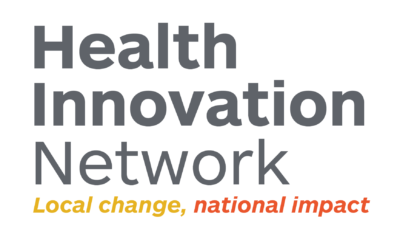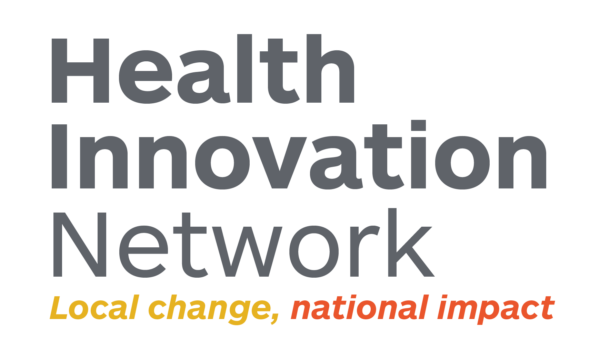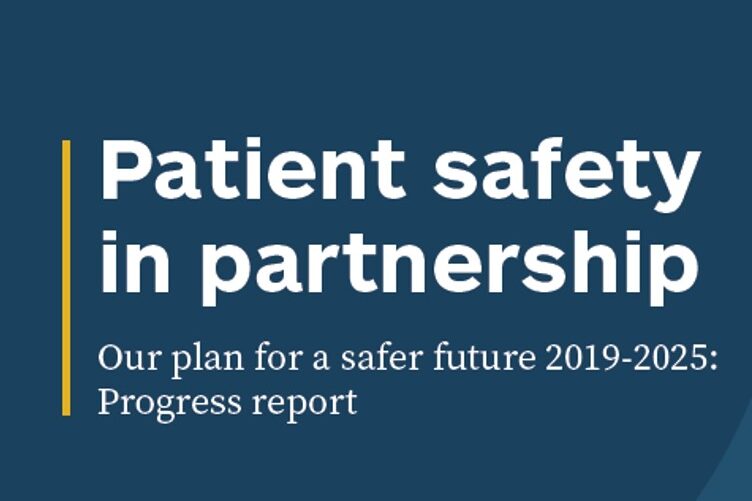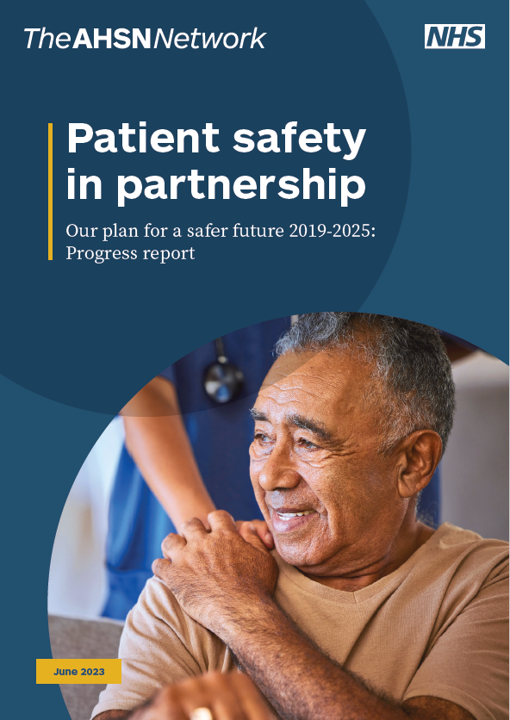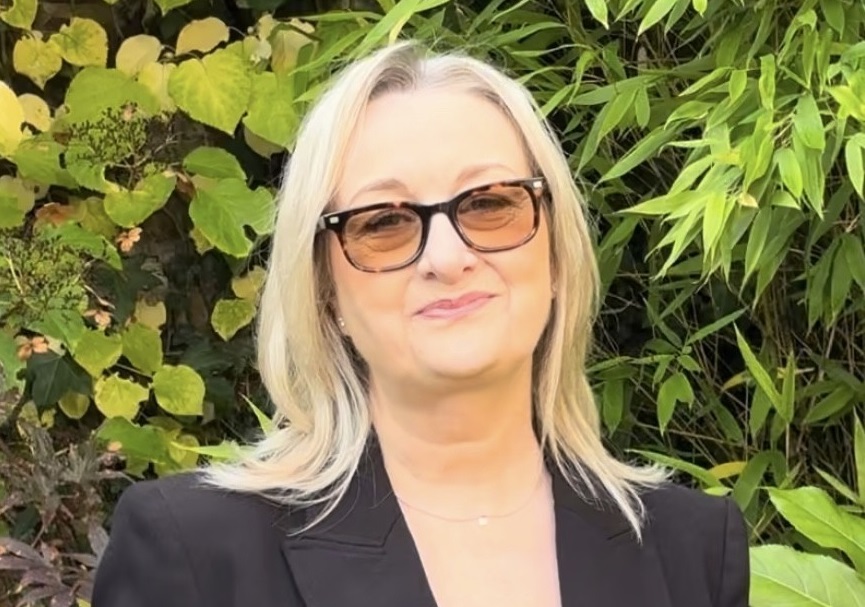The AHSN Network has released an update to its patient safety plan, which reflects progress made across focus areas including managing deterioration in care homes; maternity and neonatal health; medicines safety; mental health; and system safety.
The report, “Patient safety in partnership. Our plan for a safer future 2019-2025: Progress report,” highlights the programmes and initiatives that have been implemented by Patient Safety Collaboratives (PSCs), hosted by the 15 AHSNs across England. The report also includes tangible impact measurements, which are helping to focus on where the need is and demonstrate improvements over time.
One of the key insights in the report is that work to manage deterioration in care homes has prevented up to 57,000 emergency admissions. Additionally, up to 465 babies’ lives have been saved through work to improve the care of premature infants.
Patient safety is a cross-cutting theme of the AHSN Network strategy. Acting as a guiding principle for all 15 AHSNs, the dedicated patient safety plan sets out how AHSNs and Patient Safety Collaboratives (PSCs) contributed to delivering the National Patient Safety Improvement Programmes and the AHSN focus on accelerating innovation.
Natasha Swinscoe, AHSN Network chief officer for patient safety said: “The AHSN Network remains committed to supporting the NHS Patient Safety Strategy. We work closely with our commissioners, system partners and front-line teams to support the delivery of improvement programmes, developing pipeline programmes and innovations and providing insight and real-world evaluation, in order to develop the future safety improvements we need.”
Read the full report “Patient safety in partnership. Our plan for a safer future 2019-2015: Progress report”.
Hear more about the Patient Safety Plan in our Health Innovation Podcast recorded at NHS ConfedExpo 2023. Four leaders – Tasha Swinscoe, Alison White, Katie Whittle and Jodie Mazar – reflect on progress in managing deterioration in care homes; maternity and neonatal health; medicines safety; mental health; and system safety.

Lesley Bull, a South London GP and our 1000th delegate chats to Lois-Hooper Ainsworth, Programme Coordinator on the National Polypharmacy Programme, about why she registered for the Health Innovation Network Polypharmacy Action Learning Set, what she got out of it and why other GPs should attend. Lesley Bull So, Lesley, could you tell [...]

Jo Barosa is Account Director at Qbtech UK. Qbtech is a market leading provider of innovative objective tests for assessing and treating ADHD, changing the landscape of ADHD care. Driven by its mission to improve the lives of people with ADHD, Qbtech supports by providing digital and clinical solutions to improve clinical decision making, service [...]

Dr Cheryl Crocker, interim Chief Operating Officer at the Health Innovation Network, explains the vital role innovation plays to not only reduce waiting lists and improve access to care, but to decrease system pressure by improving people’s health and keeping them well for longer. The new Government has rightly declared its focus on moving the [...]

